Credential Conference Season
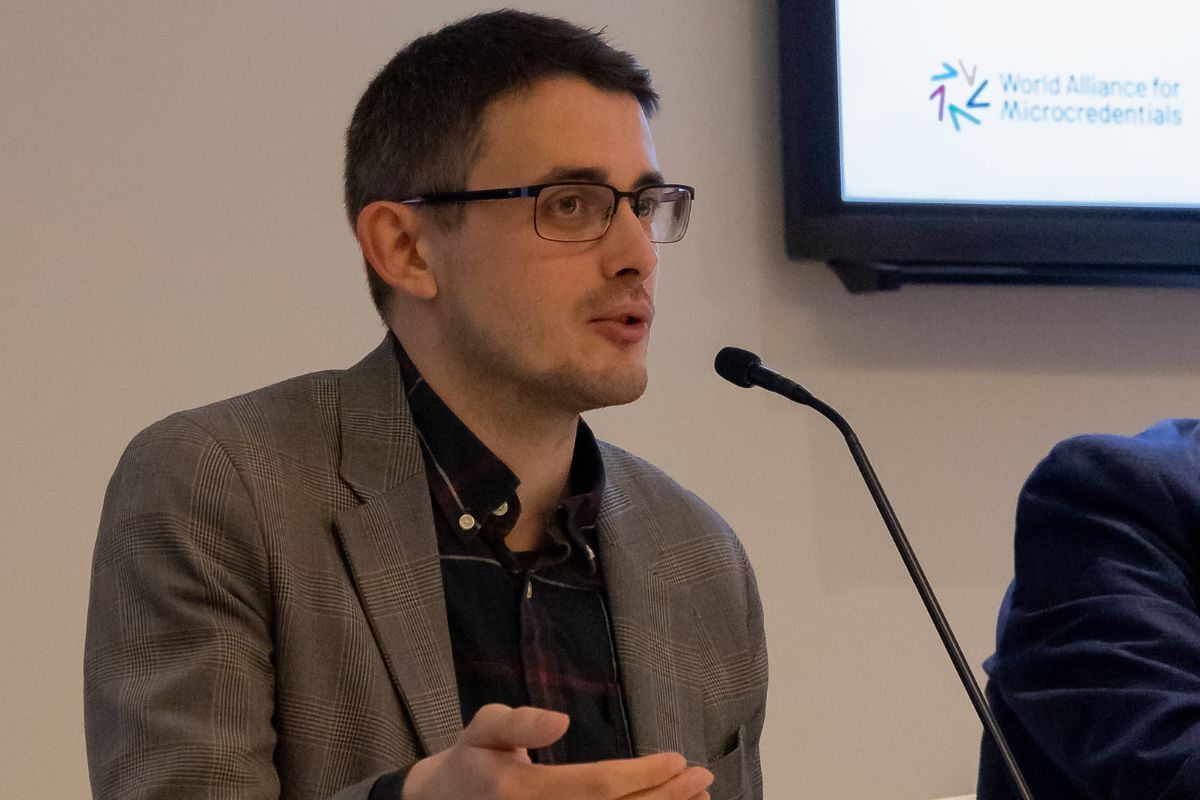
In the last three weeks I have presented at four conferences in three countries on the topics of micro and digital credentials.
It was incredibly exciting to be able to talk to people sharing my passion for the weird and wonderful world of credentials and very inspiring to hear from the other speakers about the developments occurring in the space across the world.
ICoBC 2023
The International Council on Credentials and Badges had its third annual symposium- Connecting the Dots, which was a sold-out event in Berlin. I had the honour of giving the keynote speech on the value of credentials, the first half of the speech was discussing and workshopping the current New Zealand micro-credential definition, talking about the value of a government regulated model as a way of giving value to these credentials for employers. This was followed by presenting about research that I wrote with partners at Skills Group and GIZ about the value of micro and digital credentials for workers in the gig economy, a study recently published in which we spoke to experts across six continents and surveyed over 1600 gig workers to understand the state of play of micro-credentials globally, before focusing on four case study countries: India, Kenya, Mexico, and Vietnam.
This was a great conference as it was full of people genuinely passionate about the space and wanting to ensure that it’s implemented in the best way for learners, educators, and employers, talking about areas from AI to industry-wide training. The fourth symposium coming next year is elaborating further on this titled ‘Ensuring Equal Inclusion’.
OEB 2023- (Online Educa Berlin)
The 28th annual OEB Conference, with over 2,000 attendees was a huge event covering all areas of online education with some truly inspiring speeches and debates.
I was presenting as part of a panel on ‘Digital Credentials and the Lifelong Learning Backpacker’, moderated by Rolf Reinhardt and alongside Sabine Zander from IMC. There was some great engagement in the event, particularly with attendees from the Netherlands who are really developing some exciting areas for micro-credentials in vocational education.
A standout for me at OEB was a debate exploring the question ‘This House believes that the widespread implementation of AI in learning will do more harm than good’. It was a thrilling and very passionate debate talking about the lack of regulation, elements around human rights, the value of AI. You can watch the whole debate on YouTube, and I strongly encourage that you do. I came into it with my own answer but after listening to the debate I have to admit I changed my mind, though I’m not going to tell you which way I changed!
Microcredentials Empowering Skills Pathways – Milan
AZULChain, World Alliance for Microcredentials:
The World Alliance for Microcredentials, a relatively new organisation creating a new micro/digital credential global platform hosted their first conference in Milan to talk about current practices in micro-credentials and to give some showcases of how their game changing new platform is looking. I was honoured to be part of a panel discussing micro-credentials in practice in industry, discussing my research into the value of micro-credentials in the gig economy and where we identified value.
A highlight was hearing about an Italian company Sport2Next, helping support athletes with careers and credentials post-athletic career, as it’s a huge change from what they’re used to and not something that they generally think about until closer to the end of their sporting career.
Mikroosvedčenia: smerom k flexibilným vzdelávacím cestám
My final conference was a micro-credential symposium in Bratislava, Slovakia: Micro-Credentials- Towards flexible learning pathways. With 50-60 people in attendance there was a great turn out of a very interested, mostly Slovakian audience. It was a very inspiring conference as there was so much of it focused on what is currently happening, especially around Eastern Europe, which isn’t so widely discussed. Poland for instance are currently working on a digital credentialing structure for both universities and TVET, all from the one source to help consistency and value.
There was a great talk from SIOV (State Institute of Vocational Education) with a brilliant analogy about taking concepts and policies wholesale from ‘rugby nations’ i.e., the West, mostly English-speaking countries. They explained that in Slovakia and other Eastern nations, it doesn’t work to just bring those systems and concepts over as-is, but they can apply and use it as inspiration and then make it more relevant to the nation that they are in. It was a great speech and makes total sense and means that these ‘rugby nations’ should be paying close attention to what else is happening around the world, to learn from them too.
So what has all of this taught me? In the education world, micro-credentials are probably second only to AI in terms of the wider discussions being had right now. What I’ve loved about attending all of these conferences is that we are no longer talking about micro-credentials in the abstract. Micro-credentials exist.
The frameworks and systems exist in some jurisdictions, we can now see what is happening and learn a huge amount from it. Indeed we are starting to see the micro-credential 2.0 frameworks starting to be developed, building on the lessons learned from the existing structures. I’ve been honoured to be able to share my current contribution to these various audiences and getting to witness what is happening around the world has been very encouraging. 2024 is only going to be bigger.
By Stuart Martin, the Founder of George Angus Consulting.

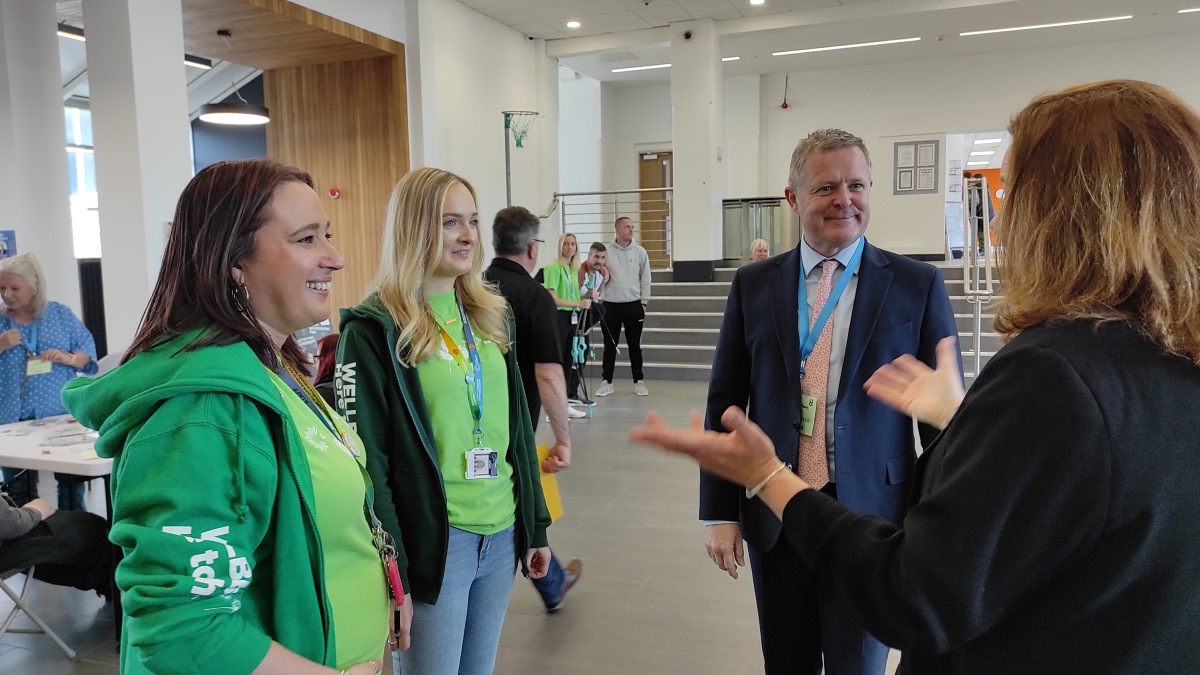
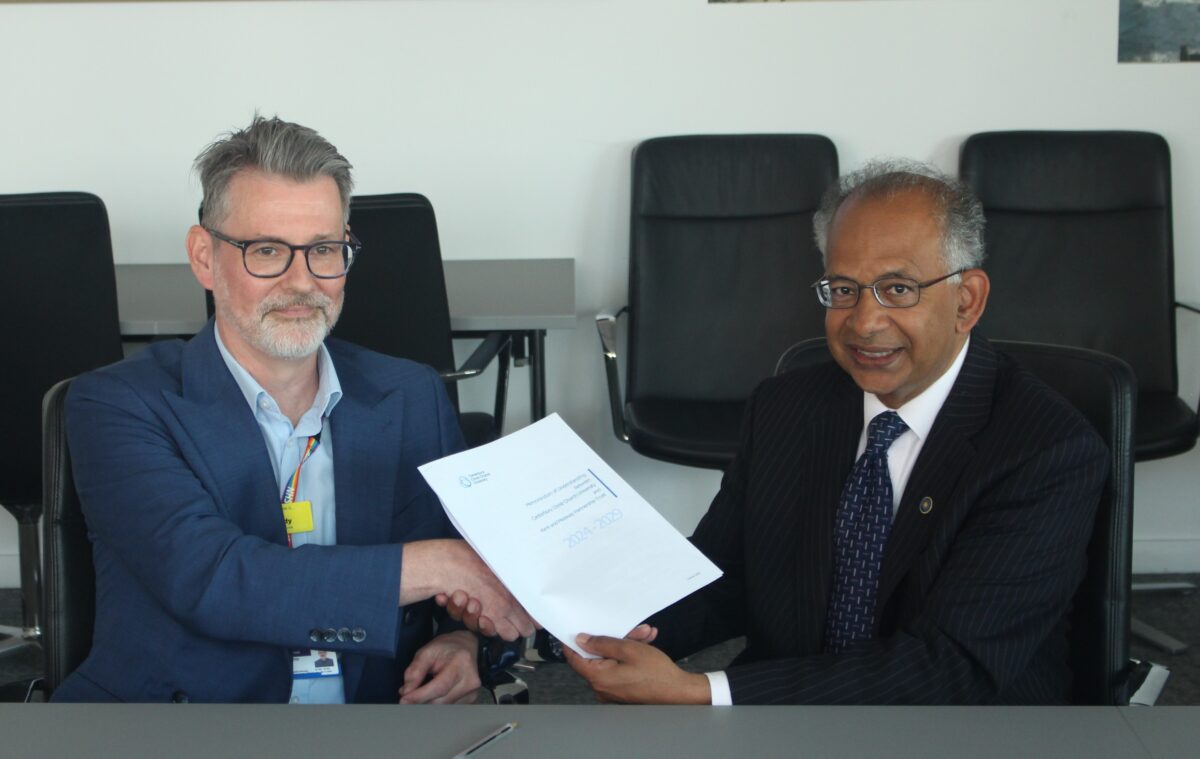


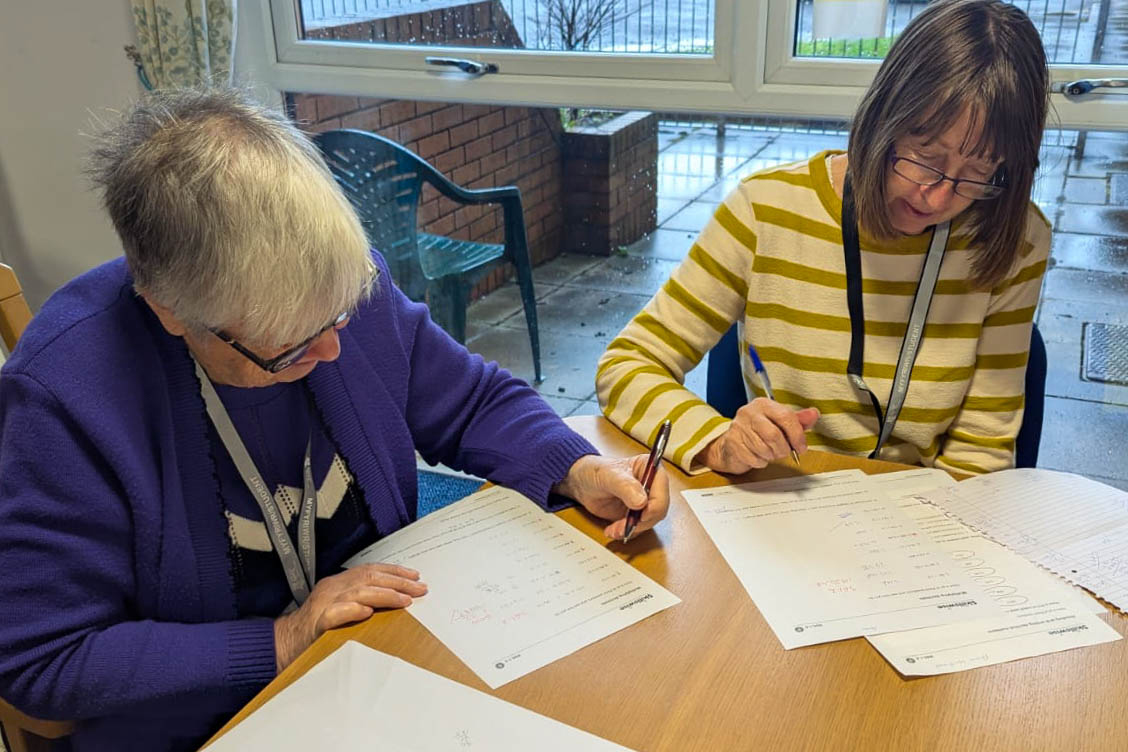

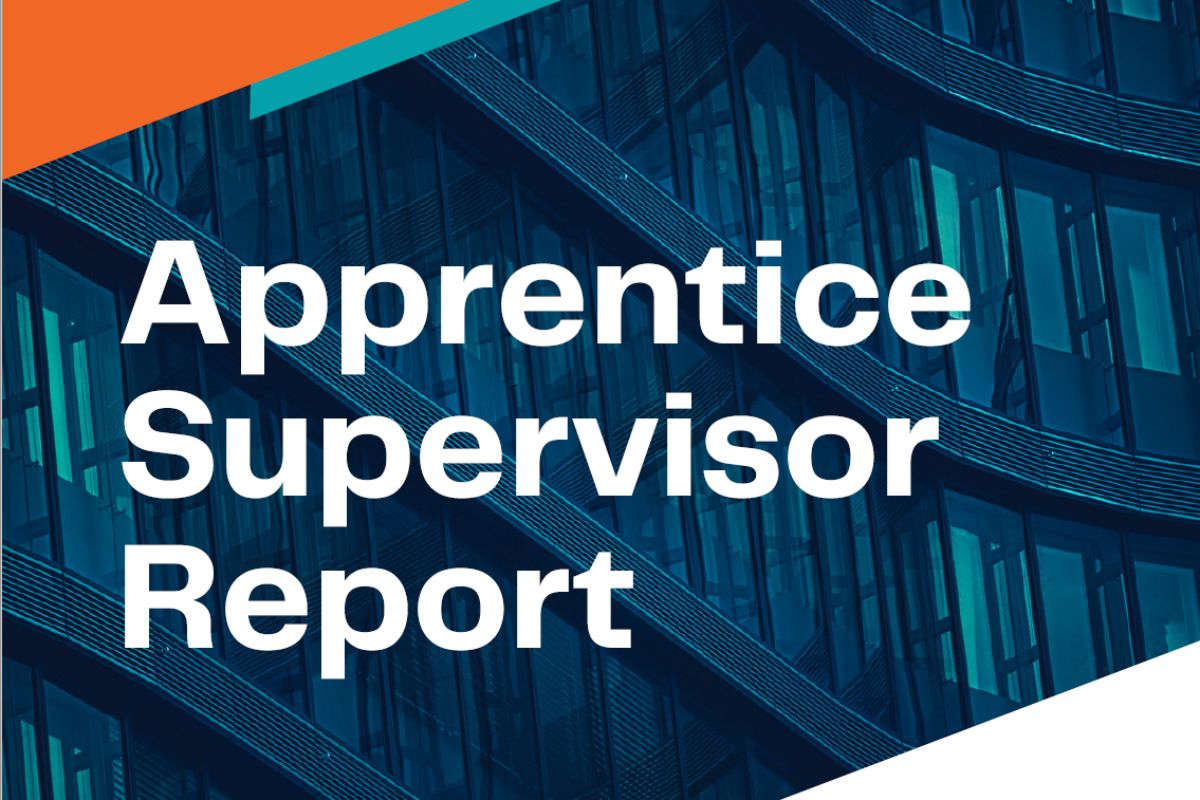

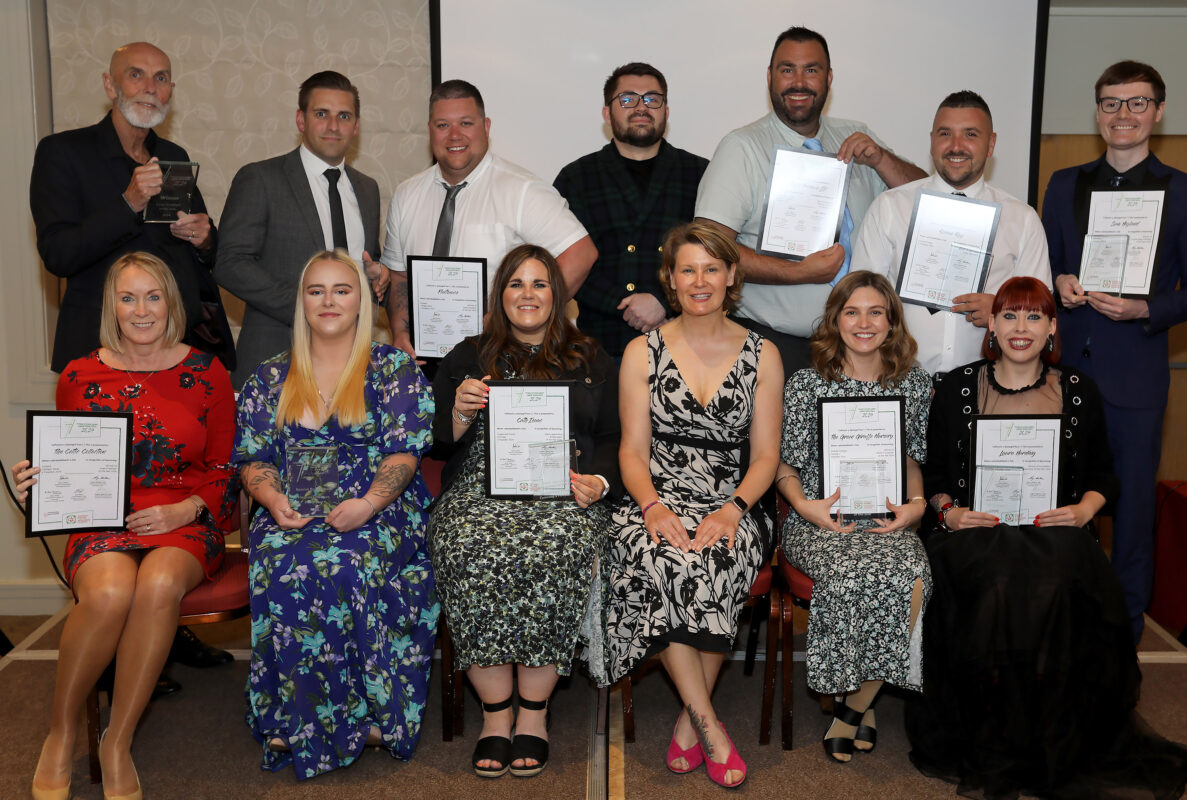

Responses